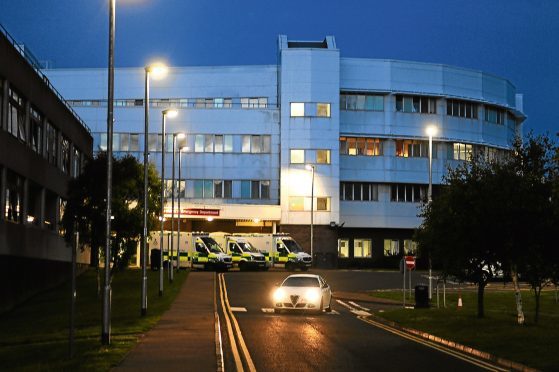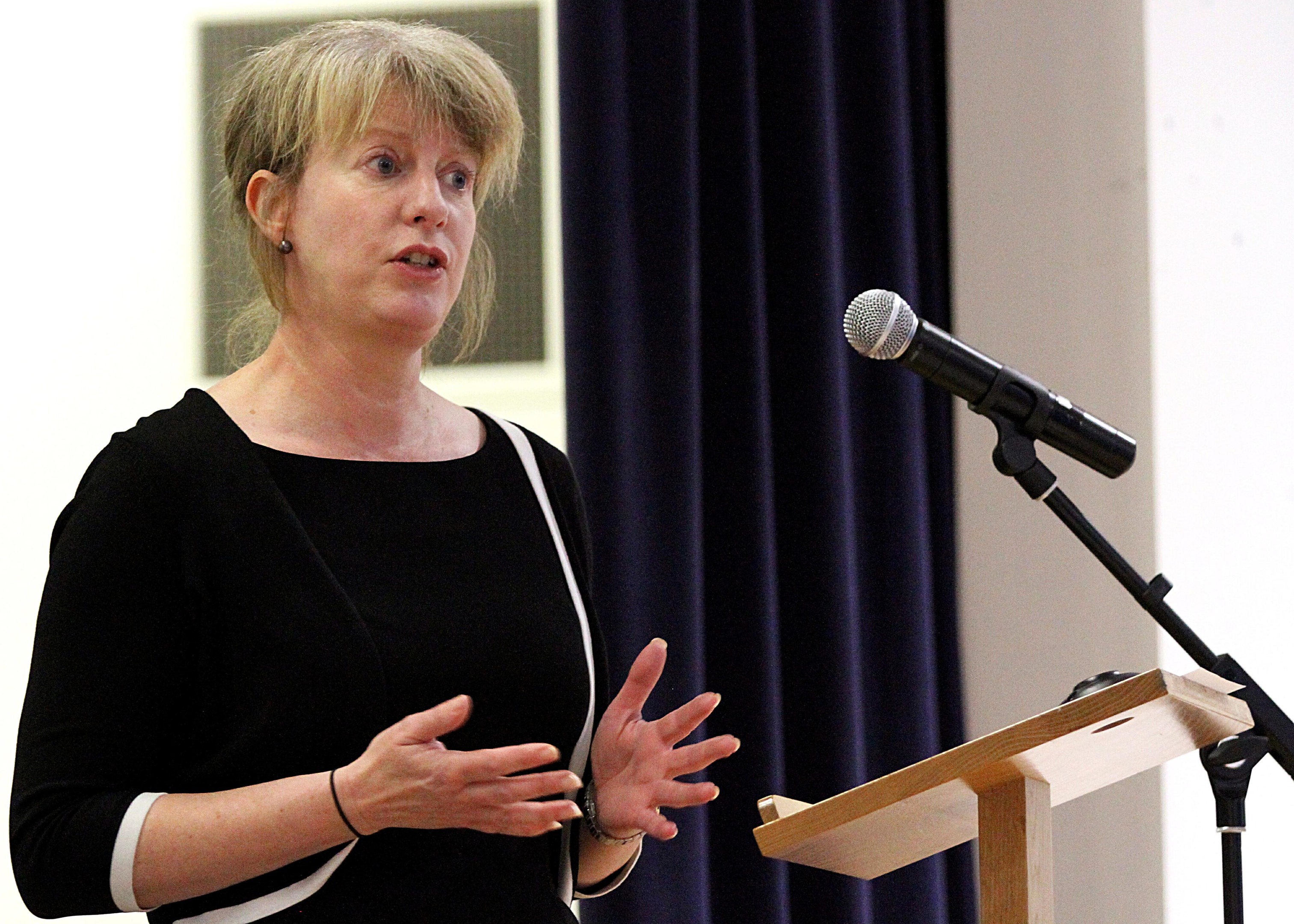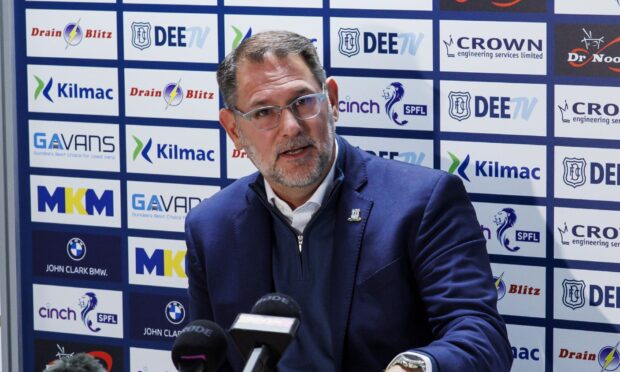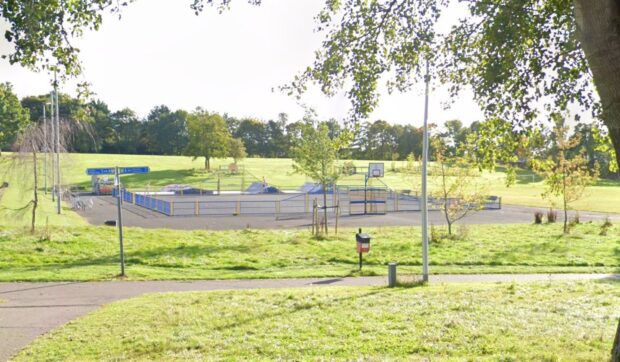Hospitals in Tayside and Fife cancelled more than 70 operations in one month for reasons such as lack of space, equipment or staff.
A total of 279 planned procedures were called off by the region’s two health boards in September, according to new figures.
NHS Tayside was forced to scrap 54 operations for capacity or non-clinical reasons, while NHS Fife halted a further 19 during the period.
At Ninewells Hospital alone, 35 procedures were called off due to lack of beds or resources or an emergency procedure taking priority.
Only Grampian, Greater Glasgow & Clyde and Lothian had more cancellations – with all three health boards coping with a significantly greater number of procedures.
North East Conservative MSP Bill Bowman said the issue raises serious questions over how the operations will be rescheduled given all non-emergency surgeries over the three-week Christmas period have already been scrapped.
He said: “Although some cancellations cannot be helped by the health boards, there is still not enough staff, space or beds to carry out those remaining.
“More and more procedures are being sent to Ninewells from Stracathro and Perth Royal Infirmary. What is happening when they get there?
“I have asked Scotland’s health minister whether seasonal closure of routine operations will become expected in Tayside and am still waiting for a real answer.”
These latest figures, released in an official NHS report, show hospitals across Scotland cancelled 560 operations in September due to capacity or non-clinical reasons, while patients themselves cancelled 943.
A further 970 were halted as a result of clinical considerations.
Liberal Democrat health spokesman Alex Cole-Hamilton said: “These new statistics show that almost 20 patients a day are having their operations cancelled through no fault of their own.”
He said cancellations cause “stress and disruption” to patients, adding: “SNP ministers must give NHS boards the support they need in order to be able to keep operations on track.”
Health secretary Shona Robison claimed decisions to cancel planned operations are “never taken lightly” and said there are sometimes “good clinical reasons” why a procedure cannot go head.
“We are continually working with health boards to keep all cancellations to a minimum,” she said.
“We have made clear to boards that patients with the greatest clinical need, such as cancer patients, should not have their operations cancelled.
“In September, more than 25,000 operations were carried out as planned and only 2% were cancelled due to capacity or non-clinical reasons.”











